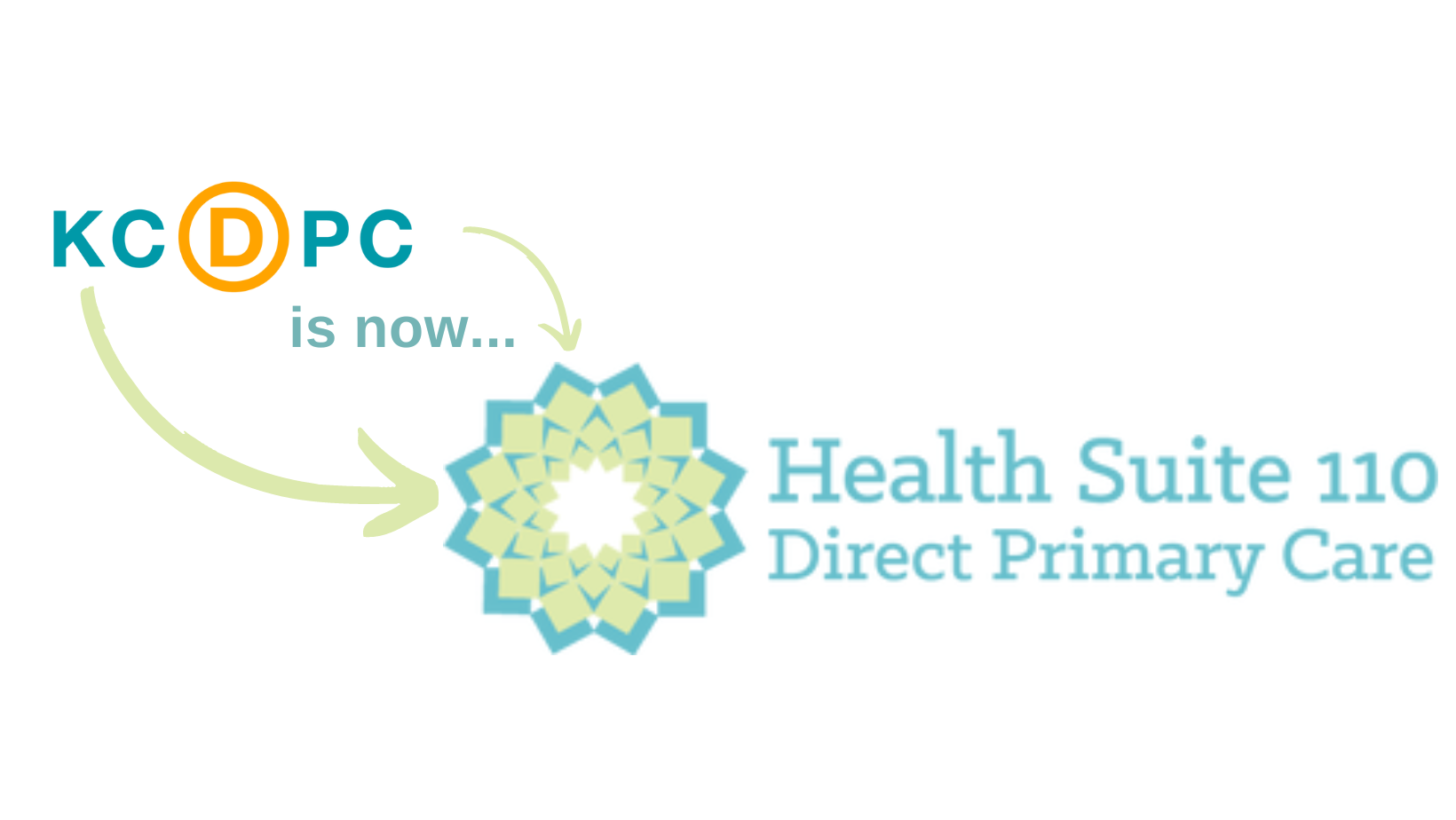I see people for a variety of reasons, and aside from the freak accident or turn of unfortunate luck, most issues addressed in primary care can benefit from taking a step back and re-focusing on the following pillars of health: Sleep well. Drink water. Eat plants. Mitigate Stress. Be active. Every few weeks we’ll visit one of these pillars of health. To start, let’s focus on sleep.
Neil DeGrasse Tyson, the closest thing physics has to a celebrity, points out the oddity of sleep easily and frequently when he comments, “Aliens might be surprised to learn that humans must lay semi-comatose on cushions for nearly a third of every Earth rotation.” It’s true, though. Science has recommended that the adult, on average, get approximately 8 hours of sleep each night, and we need more as infants, toddlers, and adolescents.
why do we sleep?
Scientists, however, have not been able to come up with an explicit reason as to why we sleep. There are many theories out there, some of which rely on basic evolutionary principles — hold still and predators won’t find you — and some of which explain the need for sleep by pointing to the lower metabolic rate and energy conservation that happens when we’re asleep, which may have been an important evolutionary development when food was more scarce.
Other theories come from studying what happens when we don’t get enough sleep. These are the more horrifying ones, as the Division of Sleep Medicine at Harvard notes that “animals deprived entirely of sleep lose all immune function and die in just a matter of weeks.” Lack of sleep creates hormone imbalances. It inhibits our ability to think critically and process information. It creates the perfect environment for binge eating and obesity.
what if sleep isn’t easy?
Getting good sleep can be tough, though. Insomnia is the most common sleep disorder in the United States and is caused by a variety of mechanisms. From behavioral and psychological triggers to medical problems and from at-risk genetic building blocks to environmental roadblocks, our sleep can be fragile.
The most basic steps to getting good sleep are relatively simple, though, and don’t require a visit to the doctor’s office to accomplish: get regular sleep. Keep your daytime routine the same. Sleep when sleepy. Make your bed and room comfortable. If you can’t get to sleep after about 20 minutes, get out of bed, do something calming (read a phone book or recipe book; sit quietly on the couch), and try again. Avoid caffeine and nicotine. Avoid alcohol. Reserve the bed for sleeping only. Don’t nap. Create sleep & bedtime rituals. Try relaxing rituals like herbal tea or a bath before bed. No clock-watching (you should be able to see a clock from your bed). Exercise. Eat Right. And if those things don’t seem to work, keep a sleep diary for a couple weeks to figure out what part of your routine isn’t working.
seeing your doctor
Sometimes, though, these interventions aren’t enough. At that point, it’s important to visit with your doctor to see what the next steps can be. For some it can mean a short course of medicine; for others, it’s working with a trained therapist to help you get into a good spot form a mental health standpoint.

